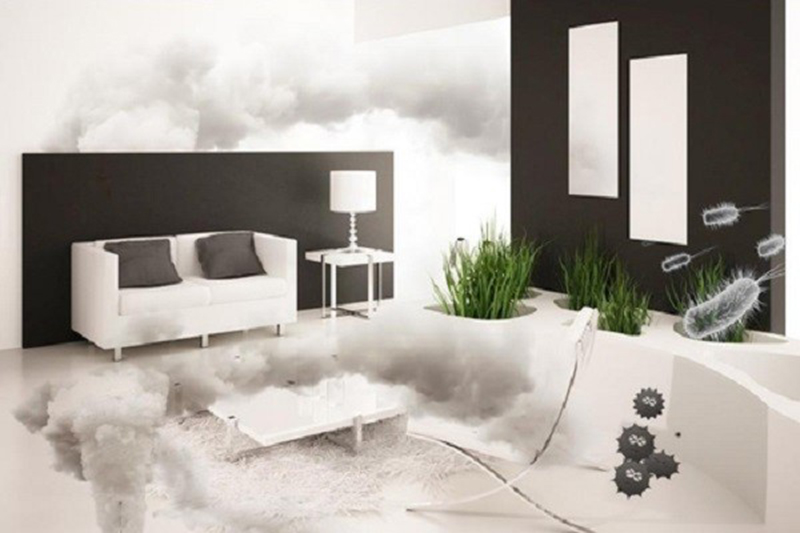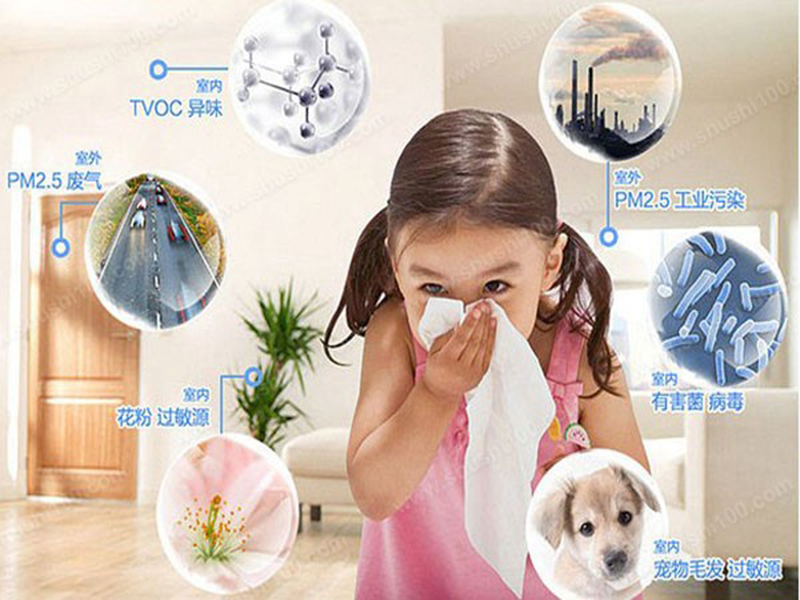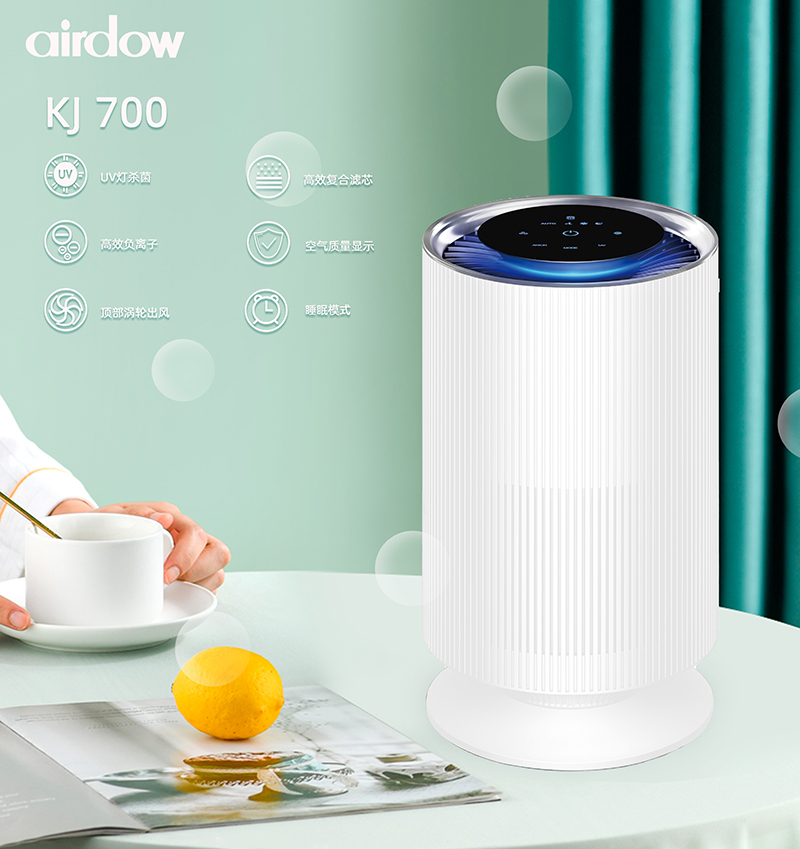In a world where air pollution is becoming increasingly prevalent, it is crucial to prioritize the quality of the air we breathe, especially in our indoor spaces. As we spend a significant amount of time indoors – whether it’s at home or in offices – the need for effective air purification solutions has never been more relevant.
Understanding Indoor Air Pollution: Indoor air pollution refers to the presence of pollutants and contaminants in the air within buildings. These can include dust mites, allergens, pet dander, mold spores, volatile organic compounds (VOCs), and even bacteria and viruses. Oftentimes, these harmful particles are invisible to the naked eye, making it imperative to have measures in place to eliminate or reduce their presence.
The Role of Air Purifiers: Air purifiers serve as a powerful tool in combating indoor air pollution by effectively removing contaminants from the air. These devices work by using a combination of filters, ionizers, and other technologies, effectively trapping and neutralizing harmful particles.
Here are some key benefits of incorporating air purifiers into indoor spaces:
Removal of Allergens and Asthma Triggers: Air purifiers help eliminate common allergens such as pollen, dust, pet dander, and mold spores. This is particularly crucial for individuals suffering from allergies and asthma, as these particles can trigger respiratory issues and exacerbate symptoms.
Reduction of Volatile Organic Compounds (VOCs): VOCs are emitted by everyday household items such as cleaning products, furniture, carpets, and paints. Prolonged exposure to VOCs can lead to eye, nose, and throat irritation, as well as more severe health problems. Air purifiers with activated carbon filters effectively capture and neutralize these harmful gases, enhancing the overall air quality.
Elimination of Odors: Air purifiers equipped with activated carbon filters can effectively eliminate unpleasant odors originating from cooking, smoking, pets, and mold growth. This ensures that your indoor space remains fresh and free from persistent odors.
Removal of Bacteria and Viruses: Some air purifiers utilize UV-C light and filters with antibacterial properties to combat airborne pathogens. This is particularly relevant during flu seasons and times when the spread of contagious illnesses is a concern.
Improved Sleep and Overall Well-being: Breathing in clean air has a direct impact on our overall well-being. By removing irritants and pollutants from the air, air purifiers can improve sleep quality, reduce congestion, and help alleviate symptoms of respiratory conditions.
Factors to Consider: When considering an air purifier, there are a few factors to keep in mind. First, ensure that the purifier is suitable for the size of the room where it will be placed. Look for models with HEPA filters, as these are highly effective at filtering out small particles. Additionally, consider noise levels, energy consumption, and maintenance requirements before making a decision.
In an era where maintaining good health is paramount, investing in air purifiers to safeguard indoor air quality is a wise choice. By effectively trapping and eliminating harmful particles, allergens, and pollutants, these devices contribute to healthier environments and can significantly improve the well-being of individuals prone to respiratory issues. So, let’s prioritize clean air and take that important step towards ensuring a healthier future for ourselves and our loved ones.
Post time: Oct-12-2023







